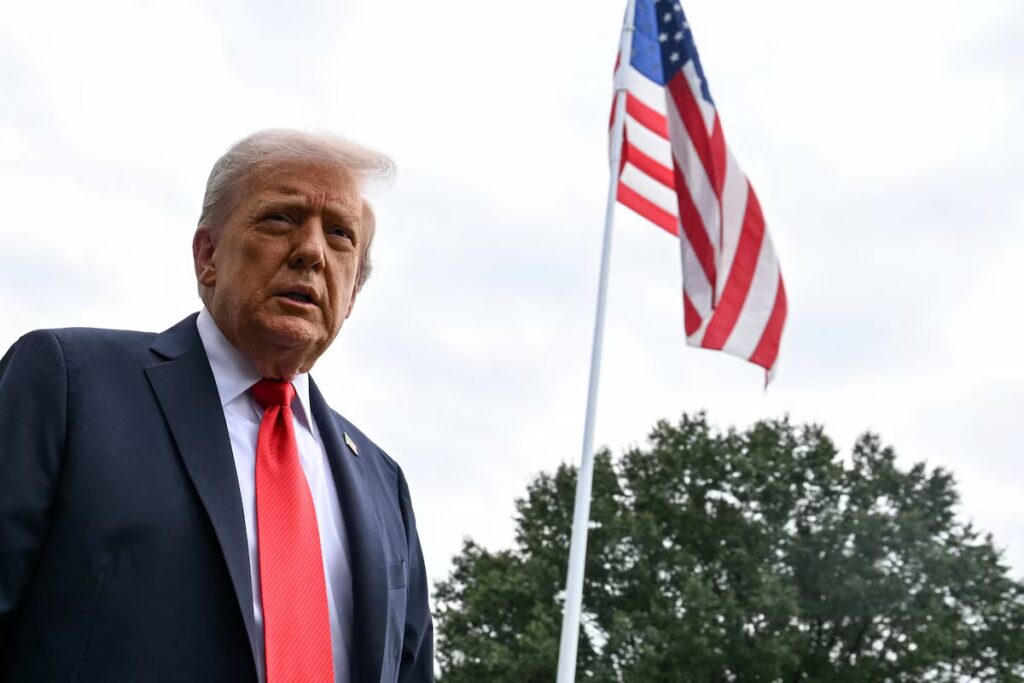
For Donald Trump, the next big deal with China is overshadowed by the shortcomings of the last. The 2019 trade pact, signed during his first term, failed to rein in Beijing’s economic practices or spark the American manufacturing revival he promised. Yet the White House is once again pursuing high-stakes talks, even as doubts linger about whether any agreement will endure longer than the last.
Relations between Washington and Beijing remain strained. Despite tariffs on Chinese goods easing from the punishing levels seen earlier this year, they still average 46%, according to HSBC. Trump’s frustration with Beijing’s unkept promises has fueled his aggressive posture, while U.S. policy toward China remains fluid and unpredictable. Analysts note that Trump has sidelined much of the State Department, effectively making himself the sole architect of China strategy.
Still, Trump is signaling a push for direct engagement with Chinese President Xi Jinping. Officials say the White House has been sounding out top U.S. executives about joining a potential delegation to Beijing later this year, possibly around the Asia-Pacific Economic Cooperation summit in South Korea this October. Yet Beijing, known for its cautious diplomacy, may insist on substantive progress before committing to any leader-level talks. In the meantime, Chinese officials appear content to watch U.S. industries strain under tariffs, even as Trump extends temporary relief measures to blunt the domestic economic fallout.
